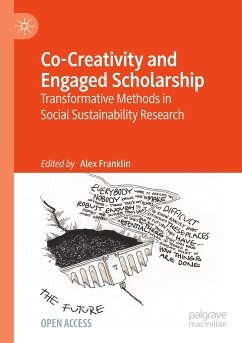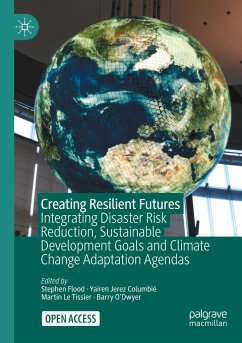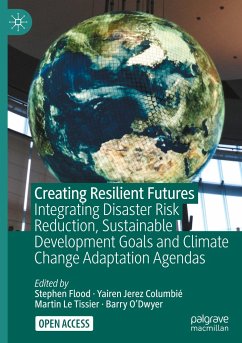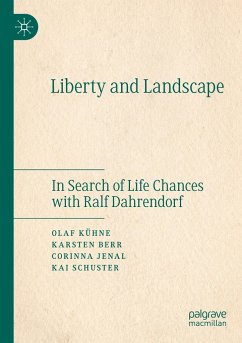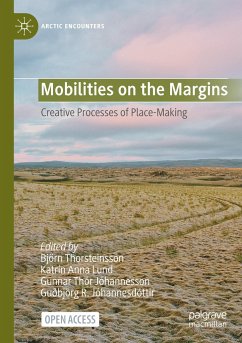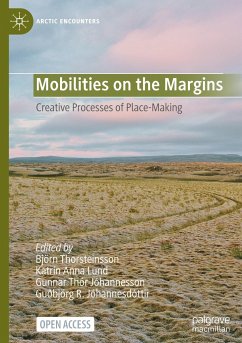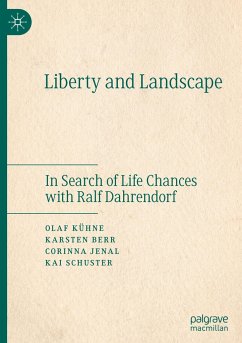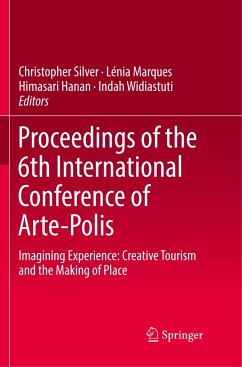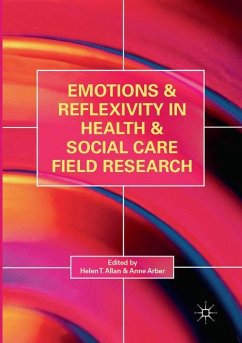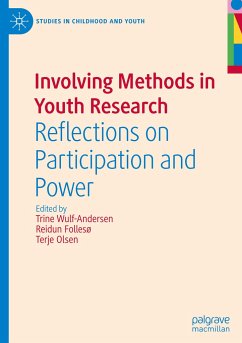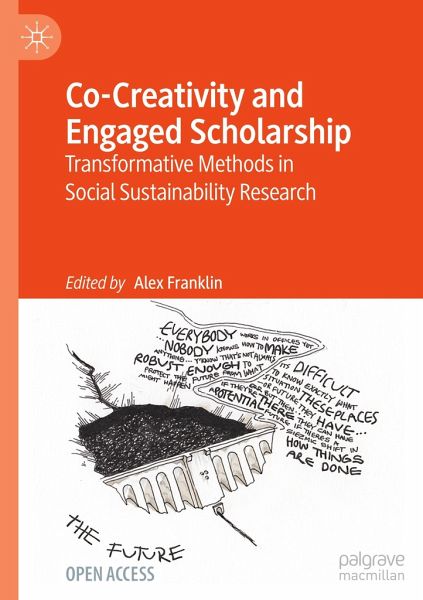
Co-Creativity and Engaged Scholarship
Transformative Methods in Social Sustainability Research
Herausgegeben: Franklin, Alex
Versandkostenfrei!
Versandfertig in 6-10 Tagen
38,99 €
inkl. MwSt.

PAYBACK Punkte
19 °P sammeln!
This open access book explores creative and collaborative forms of research praxis within the social sustainability sciences. The term co-creativity is used in reference to both individual methods and overarching research approaches. Supported by a series of in-depth examples, the edited collection critically reviews the potential of co-creative research praxis to nurture just and transformative processes of change. Included amongst the individual chapters are first-hand accounts of such as: militant research strategies and guerrilla narrative, decolonial participative approaches, appreciative...
This open access book explores creative and collaborative forms of research praxis within the social sustainability sciences. The term co-creativity is used in reference to both individual methods and overarching research approaches. Supported by a series of in-depth examples, the edited collection critically reviews the potential of co-creative research praxis to nurture just and transformative processes of change. Included amongst the individual chapters are first-hand accounts of such as: militant research strategies and guerrilla narrative, decolonial participative approaches, appreciative inquiry and care-ethics, deep-mapping, photo-voice, community-arts, digital participatory mapping, creative workshops and living labs. The collection considers how, through socially inclusive forms of action and reflection, such co-creative methods can be used to stimulate alternative understandings of why and how things are, and how they could be. It provides illustrations of (and problematizes) the use of co-creative methods as overtly disruptive interventions in their own right, and as a means of enriching the transformative potential of transdisciplinary and more traditional forms of social science research inquiry. The positionality of the researcher, together with the emotional and embodied dimensions of engaged scholarship, are threads which run throughout the book. So too does the question of how to communicate sustainability science research in a meaningful way.





